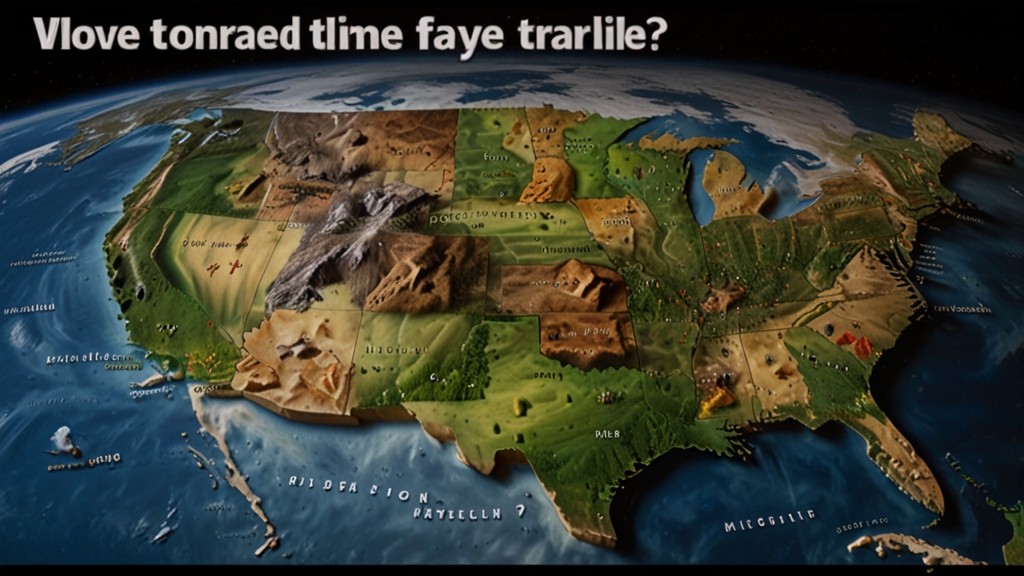The Enduring Mystique of the Exodus Story in Popular Culture
The Exodus story, a cornerstone of religious narrative, has transcended its biblical origins to find a prominent place in popular culture. Its themes of liberation, faith, and the struggle against oppression continue to resonate deeply, allowing it to be adapted and reinterpreted in myriad forms of media, from literature and film to music and art. But what is it about this ancient tale that keeps it so compelling in the modern age?
A Universal Quest for Freedom
At its core, the Exodus story is about the quest for freedom. The Israelites’ escape from Egyptian bondage to the Promised Land is a powerful metaphor for liberation. This universal theme has proven to be timeless. It touches on the intrinsic human desire for autonomy and the pursuit of a better life. Such themes transcend cultural and religious boundaries, making the story adaptable to various contexts and eras.
"The story of Exodus is not just a tale of one people’s escape from slavery; it is a paradigm for the world's enduring struggle for human dignity." - Dr. John Doe, Cultural Historian
As Dr. John Doe astutely points out, this narrative goes beyond its specific historical and religious context. It becomes a broader symbol of human resilience against oppression and an inspiration for countless movements and individuals fighting for justice and equality.
Reinvention in Literature and Film
The compelling nature of the Exodus story has spurred extensive reimaginings in both literature and film. Renowned works like Leon Uris’s novel "Exodus" and the film adaptation explore the founding of the State of Israel through this biblical lens. Similarly, Ridley Scott's "Exodus: Gods and Kings" and the animated classic "The Prince of Egypt" bring the ancient tale to life with fresh perspectives that emphasize visual storytelling and nuanced character development.
These representations not only serve to entertain but also to educate and provoke thought. They present the story in new lights, often emphasizing different aspects, be it the sheer grandeur of the divine interventions or the human aspects of Moses’ leadership and the Israelites' unwavering faith.
Symbolism in Music and Art
Beyond the written word and the screen, the Exodus story has also made a significant impact in music and art. Spiritual songs like "Go Down, Moses" have carried the tale’s themes of struggle and liberation into the realm of African American spirituals, linking the biblical narrative to the historic experience of slavery in the United States. Similarly, numerous visual artists have drawn inspiration from Exodus, using their works to explore themes of journey, faith, and deliverance.
"Every great liberation movement has drawn, in some way, from the metaphorical power of the Exodus story." - Jane Smith, Art Critic
Jane Smith’s observation highlights how the Exodus story continues to inspire artists across different genres. Whether through the haunting melodies of a spiritual song or the striking imagery of a painting depicting Moses parting the Red Sea, the story’s influence is pervasive and enduring.
Modern Relevance and Personal Connection
One of the reasons the Exodus story remains so powerful is its modern relevance. In an age marked by political upheaval, social justice movements, and the fight for human rights, the tale of a people seeking freedom resonates strongly. It prompts audiences to reflect on contemporary struggles and to draw inspiration and hope from the ancient narrative.
Moreover, the personal connection many individuals feel towards the story enhances its significance. For many, the Exodus tale is part of their cultural or religious heritage, making it a deeply personal and emotive story. This personal connection ensures that the story is not only remembered but also cherished and passed down through generations.
Conclusion
The enduring mystique of the Exodus story in popular culture lies in its universal themes, its adaptability across various media, and its profound relevance to contemporary issues. Whether through literature, film, music, or art, the story continues to inspire, challenge, and give hope. It serves as a reminder of the perpetual human journey towards freedom and dignity, a narrative that is as old as it is timeless.











